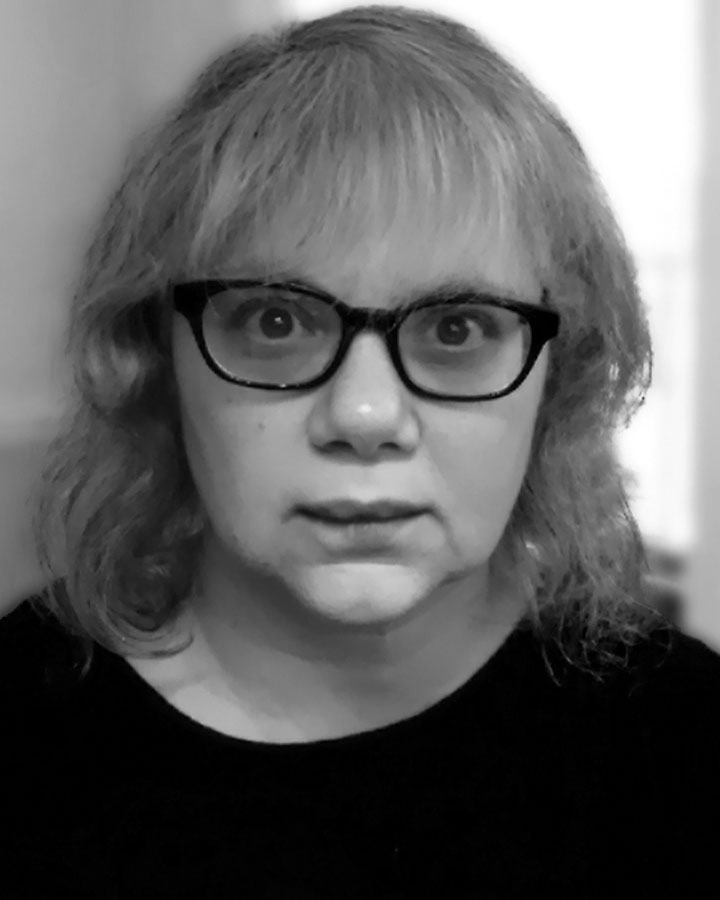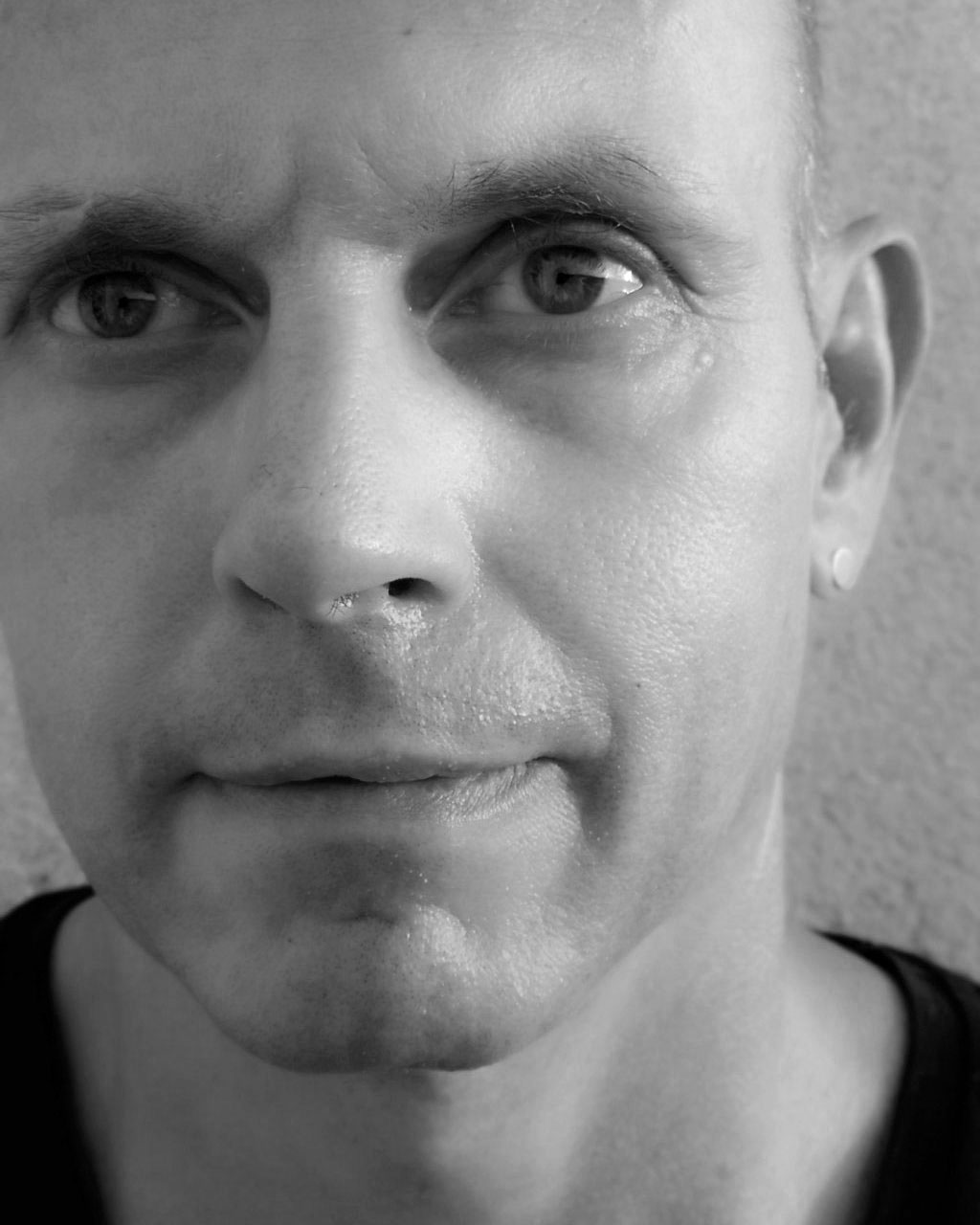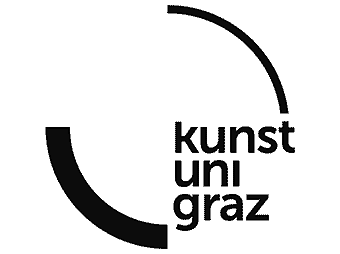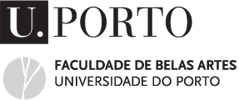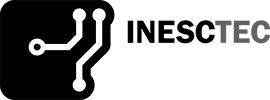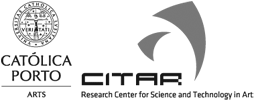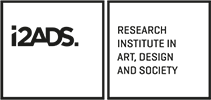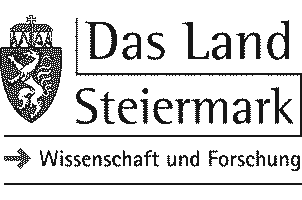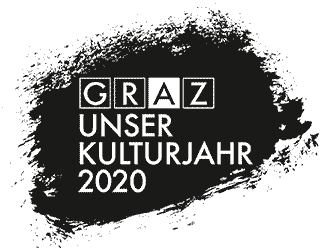Mise-en-jeu Framework for Analysing the Design Grammar of Videogames
Our research focuses on Game Studies, Game Design, Player Experience, Videogame Spaces and Cinematic Techniques. In videogames, the mediated space’s language has not yet been well established. Addressing this, we developed the mise-en-jeu proto-framework, a system that attempts to address the lack of a unified game design syntax. The continued development of the Mise-en-jeu Framework we propose aims to help resolve this by constructing instruments for game design’s study. We will conduct mixed research, embrace various genres, and consider player experience. Such studies are vital for the mise-en-jeu framework’s success and need urgent development, as designers strive to find unified frameworks for comprehending and projecting level design mechanics, but find a limited amount of research available.
